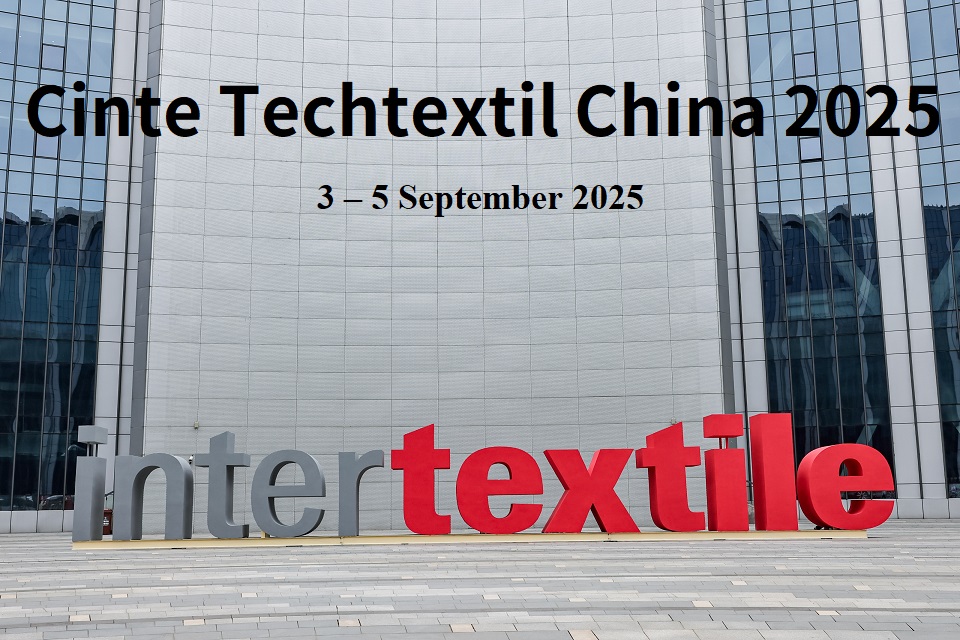In mid-November, the United State International Trade Commission (USITC) initiated the dumping accusation on a polyester textured filament yarn (PTY) from Indonesia. Secretary General of the Indonesian Association of Fiber and Filament Yarn Producers (APSyFI), Redma Gita Wirawasta, suspects that this accusation was due to exports made by the Bonded Logistics Center (PLB) company to the United States in 2019.
"USITC, informed that there were 11 Indonesian companies that they accused of dumping, after we checked our members were only 7 companies, 2 other producing companies were not members of APSyFI and the rest were trading companies (traders) and logistics companies in PLB, not producers," Redma said.
Based on trade data to the US, there has been a surge in imports of Indonesian filament yarn products in 2019 by 69.9% to 6.8 thousand tons or USD 13.3 million.
"After we checked, the exports made by our members in 2019 were only around 5 thousand tons or USD 8.3 million, none of our members sold their products to companies in PLB, they exported directly, so it can be ascertained that around 1.8 thousand tons of PTY which are exported to the US are not genuine Indonesian products, " Redma explained.
Redma alleges that these transhipment products from China or India that enter via PLB are then labelled Indonesian products and exported to the US, because in 2018 Chinese and Indian polyester were first exposed to anti-dumping in the US.
Then APSyFI analyses the unit price where the export selling price of its members is on average above USD 2 per kg, while the export products from PLB are estimated to be only USD 1.7 per kg. "The price of USD 1.7 per kg is what causes a local US producer to file an anti-dumping petition for PTY Indonesia," Redma said.
Redma said that transhipment products exported to the US must receive a Certificate of Origin (SKA) from Indonesia because it has become a requirement for exports to the US.
"So, because of the export of transhipment products from China or India through PLB, our products are also subject to dumping accusations, and we will lose the PTY export market of USD 8.3 million," he said. In this case, APSyFI is considering taking legal action for material losses that will be suffered by its members.
Previously, the national textile community also questioned PLB's activities because it proved to be an entry point for imported fabrics and threads that flooded the domestic market and suppressed the performance of the national textile industry throughout 2018-2019. Due to this incident, in a meeting with President Jokowi in early 2020, the Minister of Finance, Sri Mulyani, who also found evidence of violations of his commitment to closing PLB for textile products.
For this reason, all textile circles both APSyFI representing the upstream textile industry, the Indonesian Textile Association (API) representing the intermediate and downstream sectors to the Indonesian Textile Expert Association (IKATSI) together asked the government to immediately revise the Regulation of the Minister of Trade (Permendag) 77 / 2019 which is the legal hook for PLB.
"We all agree that the import of TPT products is no longer allowed through PLB or Bonded Warehouse (GB) and only API-P is allowed to import for its raw material needs after verification," Redma explained.
However, he received information that Customs and Excise and the Ministry of Trade still wanted PLB for textiles to continue operating on the grounds of the need for raw materials so that the revision of MOT 77/2019 was still tough.
"Hopefully the information we received is wrong, because it is also strange that Customs and Ministry of Trade take care of raw material needs, it's not their job, it's the Ministry of Industry's job and to encourage exports, there is already a Bonded Zone (KB) and Ease of Import for Export Destination (KITE), no longer need PLB or GB, "he said.
According to Redma, the position of the Ministry of Industry is very clear that it does not want PLB, because the target of the Minister of Industry is to reduce imports by up to 35%. Quoting the Ministry of Industry's Textile Director, Redma said that the Ministry of Industry wants industrial and export growth driven by investment and upstream-downstream integration, not pseudo-growth driven by imports.
"This is the time for us to encourage the use of domestic products, these imports have damaged the textile industry in recent years and caused a negative impetus for investment," he concluded.**





